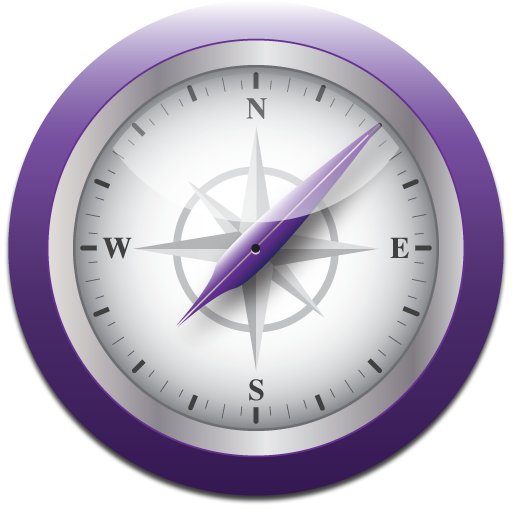Year 3 CCS1&2: Clinical and Communication Skills
- Dr Adam Feather
- a.r.feather@qmul.ac.uk
Introduction
To build upon skills practiced in Clinical Methods and develop ability to deal with more challenging situations.
The aim continues to be to build a relationship and elicit the presenting problem, relevant family and social history and the patients' ideas concerns and expectations but now in difficult patient encounters.
Sessions
Communication Skills 1 (Rotation 1): Challenging Communication issues
- Explore personal strengths, weaknesses and learning needs in relation to communication
- Gain a clear assessment of the patient’s problem using attentive listening and effective questioning including both the medical symptoms and the patient’s perspective (ideas, concerns and expectations)
- Relate to patients in a manner which addresses their fears, anger, withdrawal or confusion and does not exacerbate them
- Distinguish empathy from sympathy, describe empathic reflection and its role in consultations, and practice using it to acknowledge the patient’s predicament, emotional state and concerns
- Use time efficiently including appropriate signposting, summarising and redirection to guide and organise the interview
- Deal appropriately with patients’ questions and support patients in getting questions answered when they are not in a position to answer them
- Deal appropriately with confidential issues
- Close a patient encounter
Communication Skills 2 (Rotation 1): Cultural Factors
- Consider cultural issues and cultural variation in communication
- Deal with withdrawn or angry behaviour in patients
- Deal with language barriers, tensions, embarrassment and discomfort
- Recognise the importance of equality of care for all patients
- Identify a patient’s problems and negotiate the priority for the interview
- Use clear questions, simple language, clarify and check understanding to ensure an accurate history
- Establish an appropriate professional relationship and professional boundaries whilst recognising and managing one’s own reactions
Communication Skills 3 (Rotation 1): Recording Review
Introductory Lecture (Rotation 2)
Communication Skills 1 (Rotation 2): Explanation and Planning
- Build rapport with patient
- Establish patient's current level of knowledge and concern
- Explain effectively using “Chunk and Check” : diagnosis; management options; prognosis with and without treatment; benefits of procedure/treatment; side effects and possible risk; alternatives
- Use “Teach Back” as a universal precaution to check what the patient has understood
- Explore patient’s views and reach some shared decision
Clinical Skills: Simulation 1
- Know the anatomy and physiology of the breast
- Communicate effectively, explaining the purpose of the examination, obtaining consent, giving appropriate instructions and reassurance
- Be familiar with the basic pathology of the breast and associated symptoms including, dimpling, peau d'orange, Paget's disease of the nipple, nipple discharge and asymmetry
- Carry out breast examination with due regard for patient modesty: breast palpation, nipple discharge, lymph nodes
Clinical Skills: Simulation 2
- NGT: Have a basic understanding of how to perform nasogastric tube (NGT) insertion and care of the patient throughout
- NGT: Know the indications and contra-indications for the use of NGT and the complications that may arise in its use
- DRE: Know the anatomy of the pelvis, including the anatomical relationship of the rectum in both men and women
- DRE: Demonstrate the communication skills essential for rectal examination
- DRE: Perform a digital rectal examination with due regard for ethical considerations
- DRE: Have an understanding of the clinical relevance of carrying out a digital rectal examination and the signs and symptoms to look for
Communication Skills 2 (Rotation 2): Supporting Self-Management (Motivational Interviewing and adherence)
Communication Skills: Formative OSCE
Clinical Skills: Formative OSCE
Clinical Pharmacology and Therapeutics
